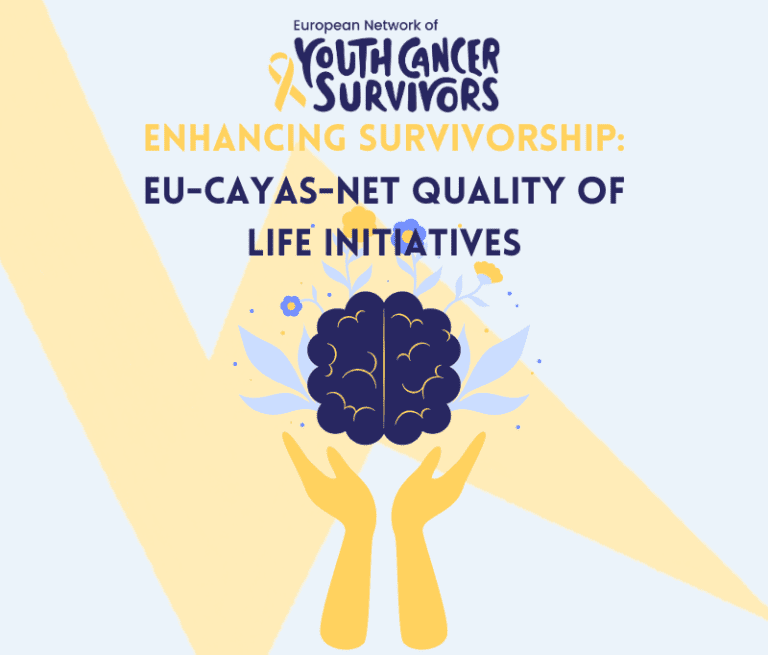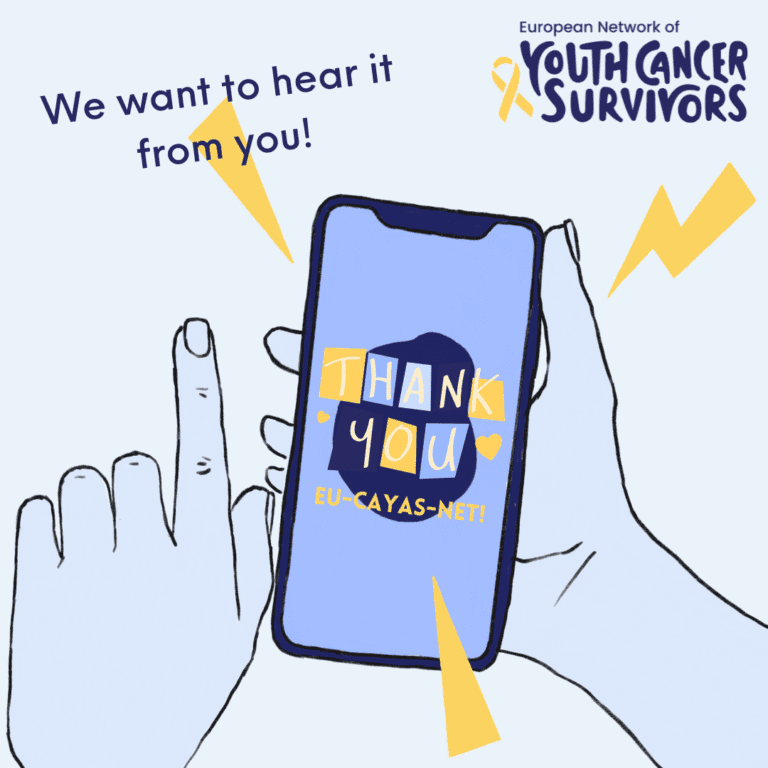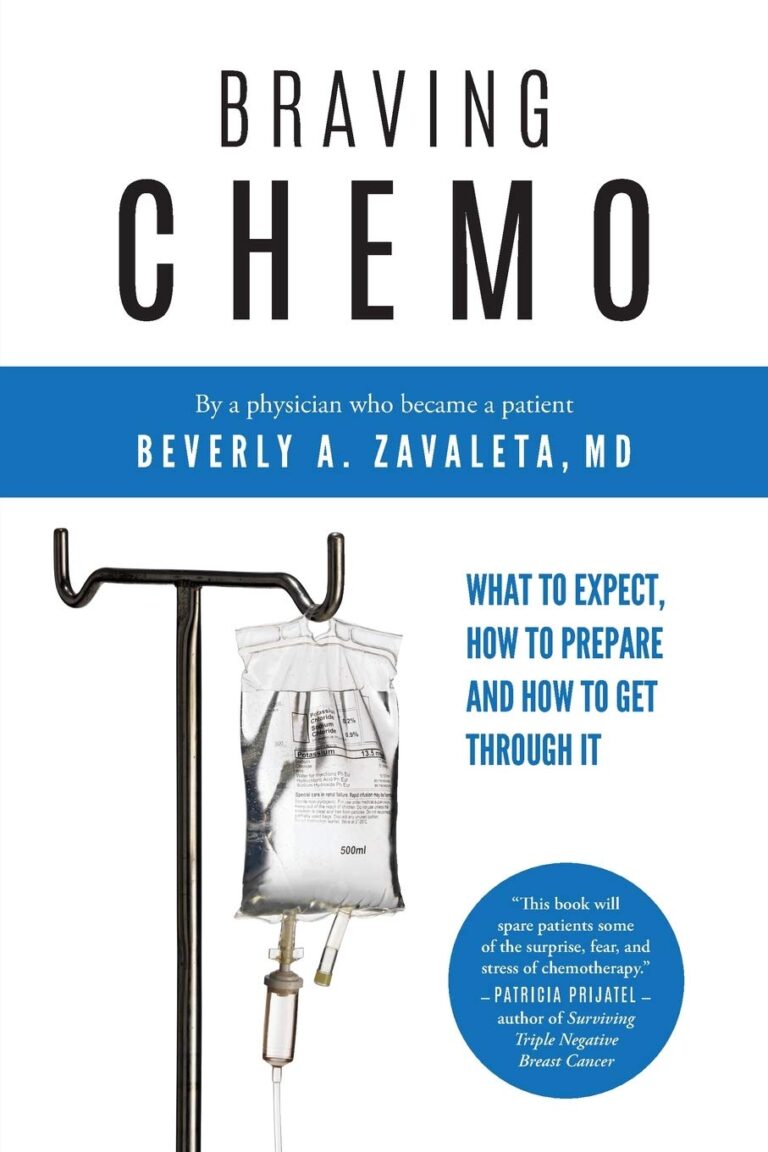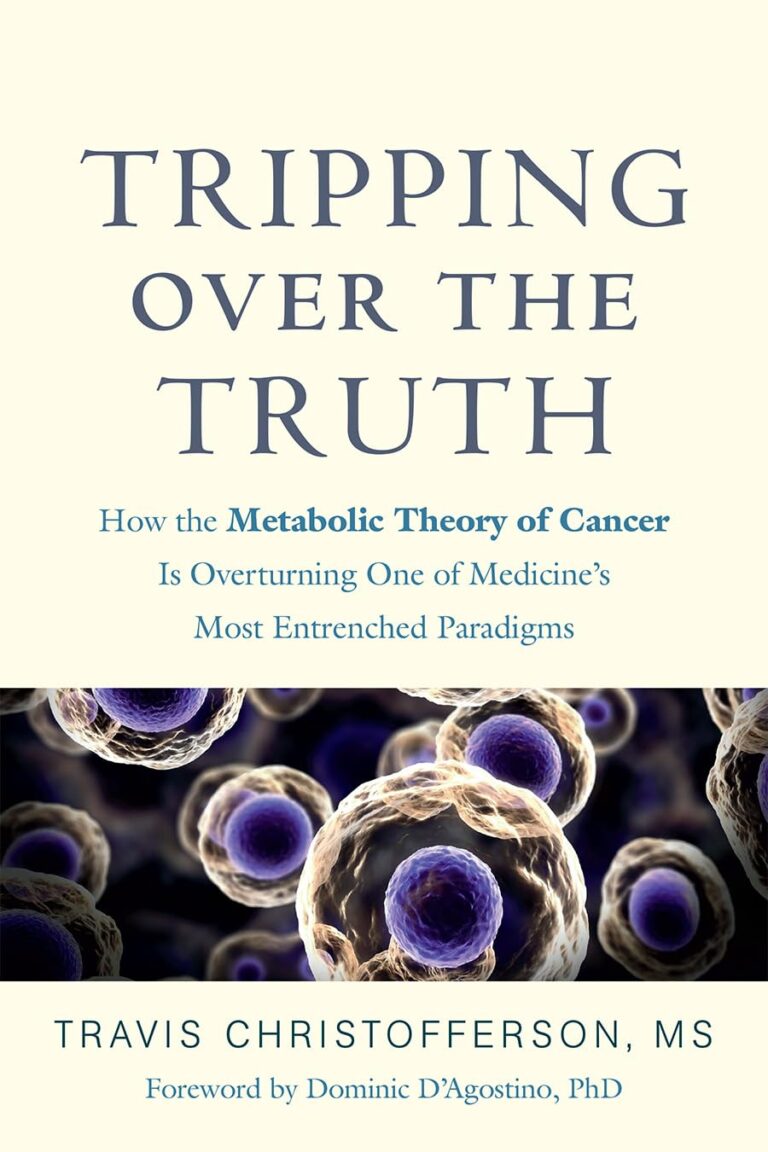
Overview
Acquired resistance is a phenomenon where disease-causing organisms, such as bacteria or cancer cells, evolve to withstand treatments that were once effective against them. This resistance develops over time, often due to genetic mutations or adaptations that enable the organism to survive despite the presence of drugs or therapies.
Key Information
Acquired resistance can occur in various contexts, including antibiotic resistance in bacteria and resistance to chemotherapy in cancer cells. It poses a significant challenge in treating infections and cancer, as it can lead to treatment failure and disease progression. Understanding the mechanisms behind acquired resistance is crucial for developing new strategies to overcome it.
Clinical Significance
The medical importance of acquired resistance lies in its impact on treatment efficacy. For example, antibiotic resistance can lead to longer hospital stays, higher medical costs, and increased mortality. In cancer, resistance to chemotherapy can result in tumor recurrence and metastasis, complicating treatment plans and reducing survival rates.
Treatment & Management
Managing acquired resistance involves various strategies, such as rotating different drugs, using combination therapies, and developing new medications that target resistant strains or cells. Monitoring and early detection of resistance are also critical, allowing healthcare providers to adjust treatment plans promptly.
Patient Resources
Patients can access educational materials and support groups to better understand acquired resistance and its implications. Resources may include information on how to adhere to prescribed treatments, the importance of completing antibiotic courses, and updates on new therapies and clinical trials.
Frequently Asked Questions
- What causes acquired resistance?
Acquired resistance is caused by genetic mutations or adaptations in disease-causing organisms that enable them to survive despite the presence of a drug or treatment.
- How can acquired resistance be prevented?
Prevention strategies include using medications responsibly, avoiding unnecessary antibiotic use, and adhering to prescribed treatment regimens.
- What are the consequences of acquired resistance?
Consequences include treatment failure, prolonged illness, increased healthcare costs, and higher mortality rates in severe cases.
- Are there new treatments for acquired resistance?
Research is ongoing to develop new drugs and therapies that can overcome acquired resistance, including novel antibiotics and targeted cancer treatments.

















Comments
Thank you. Comment sent for approval.
Something is wrong, try again later